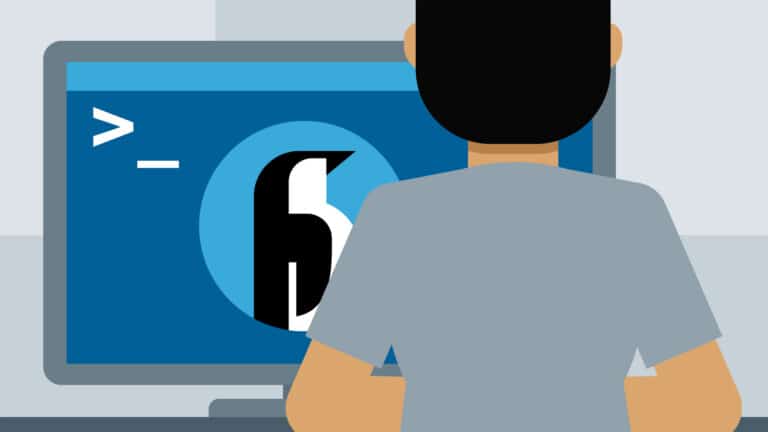J’ai un peu travaillé sur SkyRSS Reader aujourd’hui et ma TODO list semble fondre à vue d’oeil :
- add an easy setup script
and a commented config file create the admin section to manage feedsrestrict the number of news per feed
En gros, il faut que j’arrive à trouver comment limiter le nombre d’entrées d’un flux RSS et pour l’instant, ce n’est pas encore gagné. Lorsque j’aurai trouvé cela il ne me restera plus qu’à adapter un système de cache afin de ne pas saturer le serveur sur lequel le script sera installé… et oui, autant penser à tout ça dès le début, cela nous fera gagner du temps par la suite !
EDIT! @ 21h40 : et hop, voilà je viens de trouver comment limiter le nombre d’entrées par flux. Finalement cela tient en 4 lignes de code, rien de bien méchant. Il ne me reste plus que le script d’installation que je vais peut-être finir ce soir si j’ai le temps…
